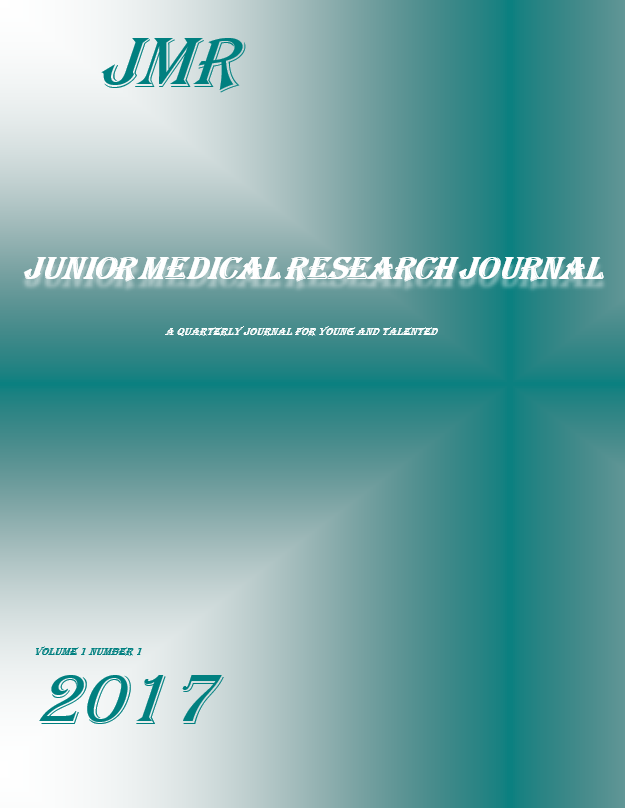The peer reviewer is responsible for critically reading and evaluating a manuscript in their specialty field, and then providing respectful, constructive, and honest feedback to authors about their submission. It is appropriate for the Peer Reviewer to discuss the strengths and weaknesses of the article, ways to improve the strength and quality of the work and evaluate the relevance and originality of the manuscript.
Please consider the following:
Does the article you are being asked to review match your expertise?
The Editor who has approached you, may not know your field of expertise work intimately. If you receive a manuscript that covers a topic that does not sufficiently match your area of expertise, please notify the editor.
Do you have time to review the paper?
A reliable review of a scientific paper may need 14 working days. If you do not think you can complete the review within this time frame, please let the editor know and if possible, suggest an alternate reviewer. If you have agreed to review a paper but will no longer be able to finish the work before the deadline, please contact the editor and propose an alternative reviewer as possible.
Are there any potential conflicts of interests?
Disclosure all conflicts of interest to the editors before reviewing especially the from financial side.
Conducting the review:
- Reviewing needs to be conducted confidentially.
- The peer review is normally double blinded. If the authors or the institution of the manuscript look recognizable for you please don’t try to contact the authors, disclosing the peer information is not allowed.
- The aim of the peer-review is to build a trust between authors, editors, and reviewers: Positions could be exchanged anytime!
- The reviewer remarks should be short, respectful, and constructive.
- Using the journal review form link the reviewer will try to assess:
- Originality
Reviewer is invited to check if the article is sufficiently novel and add to the previous knowledge in the topic.
- Structure
The reviewer is invited to assess the clarity of the article structure and verify that all the key elements are present: abstract, introduction, methods, results, conclusions references and conflict of interest disclosure. The reviewer can propose a change of the study design especially for some papers that fit more for review than research article.
When applicable reviewer is invited to consider each element a part:
Title should be clear and representative. The reviewer can propose a new and more appropriate title
Abstract should reflect the content of the article.
Introduction should introduce briefly the topic and summarize the research. The aim is to highlight the challenged or extended previous literature findings.
Methods should accurately explain how the data was collected and recorded. The reviewer is invited to check if the design, equipment and materials are sufficiently detailed and really useful to answer the research questions. An assessment of the statistical analysis conduction is preferable.
Results should detail the findings of the research clearly and in a well conducted sequences. The reviewer is invited to check if the analysis was conducted as described in the method section and if the findings are logically the result of the accurate study. Reviewers with competence in statistics could assess the statistical analysis. Otherwise, a recommendation to submit the paper to an independent statistical analyzer is more suitable. This section should be free of any interpretation and of text redundancies with the tables if any.
Discussion should confront the research results to the latest literature statements in the topic. Scholar “ mini-review” like discussion is no more suitable for research articles. Reviewer is invited to check if the discussion sections are supported and discussed by the research results and assess the author’s auto-critics description.
Conclusion based on the author point of view about the added value of the research results is more suitable. Reviewer is invited to assess that point and show the limits of the study if any.
References should be relevant, recent and properly cited according to the journal guidelines.
Considering the whole article, the reviewer is invited to:
- Assess the quality of the scientific and linguistic editing and rule out grammatical mistakes.
- Perform a complementary plagiarism cross checking if he suspects that the article is a substantial copy of a previous work.
- Notify the editor about suspicion of fraudulent results.
- Notify the editor about any violation of the ethics norms and verify the author’s respect of his own disclosures.
- Recommend any kind of complementary review especially regarding statistical analysis.
- Assess images quality and recommend enhancement if needed.
- Fill in the journal review form and give your independent proposal of decision. A maximum of comments for authors is advisable.
- Communicate clearly the required article revisions.
- Elaborate an independent review report summarizing the reviewer remarks is preferable. Remarks should be respectful and constructive always.
Junior medical research ensures a feed back to reviewer about the articles evolution and editorial decisions.
Reviewer certificates and recognitions are sent to the reviewers upon request.
Reviewers name will be displayed as regular contributor in the journal website after 3 completed reviews. The list is updated yearly.
Regular Peer Review Process Contributors 2021
- Dr Mohamed Ali Chaouch- General Surgery Tunisia
- Dr Rached Bayar- Hepatobiliary Surgery Tunisia
- Dr Insaf handous – Nephrology Tunisia
- Dr Nozha Brahmi -Emergency medicine Tunisia
- Dr Sobhi Ghanmi _Neonatology Tunisia
- Dr Aida Berriche –Infectious Disease Tunisia
- Dr Atef Ben Youssef -Cardiovascular Surgery Qatar
- Dr Nadia El banna -Immunolohy Qatar
- Dr Duraid Eyada- Orthopedics Iraq
- Dr Ghassan Hommos- Endocrinology Syria
- Dr Boussaina Darwish- Plastic Surgery Belgium
- Dr Dusan Orescanin -Physical Medicine-Serbia
- Dr Abdennasser Lahlali -Plastic Surgery Qatar
- Dr Gaurav Prasad -GI Surgery India
- Dr Ayush Sharma -Spine Surgery India
- Dr Parvin Sarda -Spine Surgery India
- Dr Randhir Kumar- Spine Surgery India
- Dr Silviano Rios- Thoracic surgery Mexico
- Dr Ahmed Mohammed Foda –Chest Medicine Egypt
- Dr Ayman Obeid -Bariatric Surgery Lebanon
- Dr Maha al Taweel -Clinical Pathology Egypt
- Dr Radhouane Gharbi-Endocrinology Tunisia
- Dr Firat kaynak -Emergency Medicine Turkey
- Dr Manar Jabbar-Obstetric Gynecology Iraq
- Dr Hassan Nayeem- Cardiovascular Surgery Bangladesh
- Dr Amin Serradj- Cardiovascular Surgery Algeria
- Dr Piyush Agrawal- Surgical Oncology India
- Dr Nelia Margarita Rodriguez Garcia Cuba
- Dr Sawssan Ben Teber- Family Medicine Tunisia
- Dr Nadia Khan- Vascular Pharmacology Pakistan
- Dr Maroua Ghanmy- Physical Medicine Tunisia
- Dr Racem Choura- Ophthalmology Tunisia
- Dr Ahmed Magdi Youssef Cardiac surgery Egypt
- Dr Sarra Saad General surgery Tunisia
- Dr Rahma Saidani Ophthalmology Tunisia
- Dr Ahmad Altom Emergency Medicie Syria




